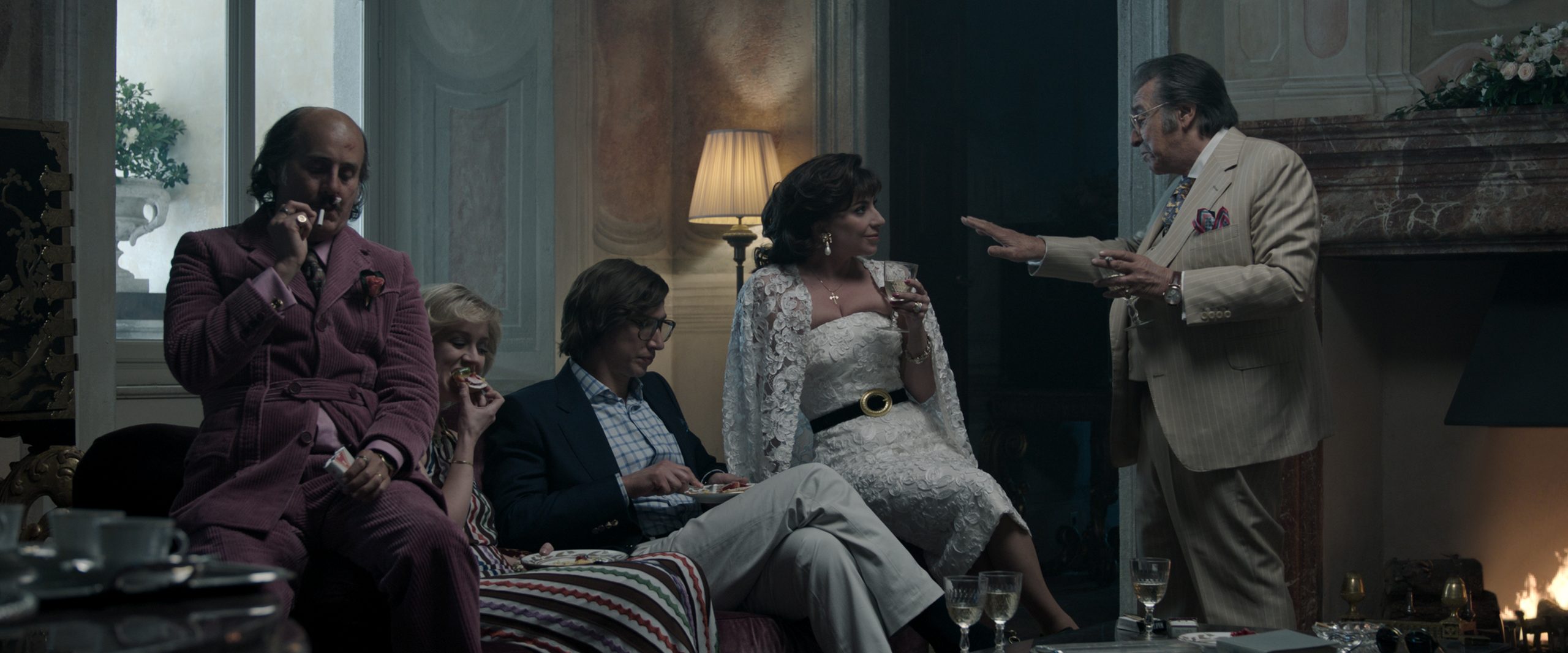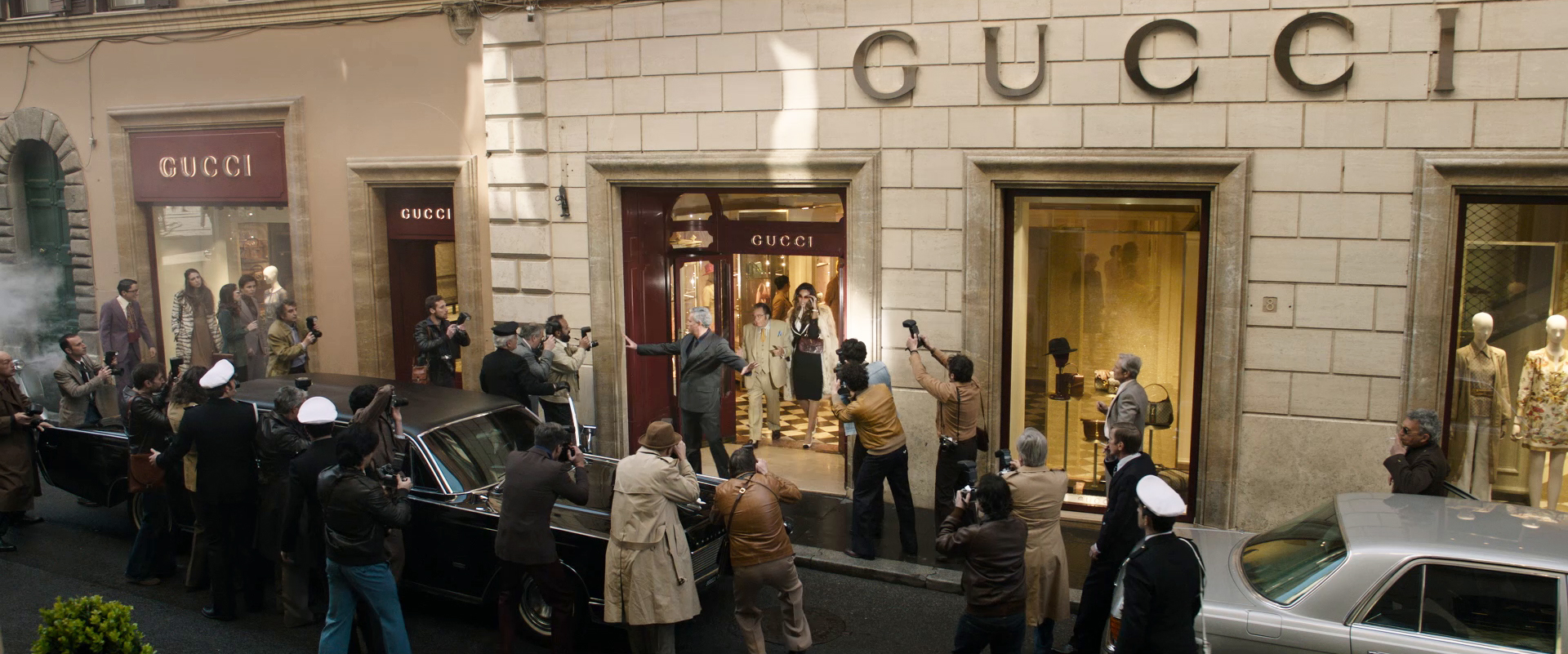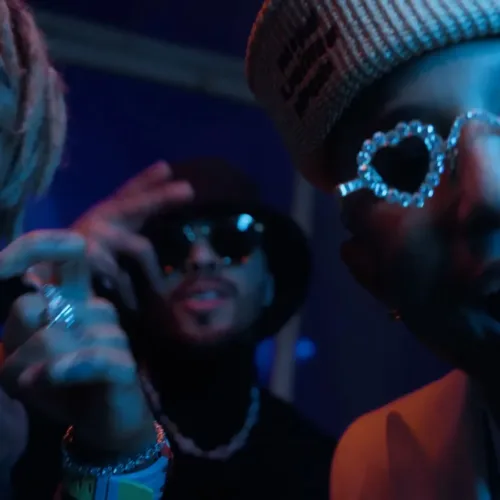Ridley Scott, now an elder statesman of genre filmmaking, is motivated only by what moves him. “I’m a moviemaker, not a documentarian,” he once said, and nothing is a greater testament to that philosophy than Scott’s own body of work. Endlessly fascinated by the human experience while comfortably removed from it, his work is both brazenly impersonal and fraught by the entirety of mankind’s suffering – often the kind of their own making. There’s little similarity between his films outside of his uniquely engaging brand of nihilism. If a unifying principle across his works does emerge, it’s that you should never underestimate a person’s ability to let their own stupidity destroy them.
At 83, the famed director may have met his match in “House of Gucci,” a spirited but altogether misguided retelling of the Gucci family’s rise and fall (and rise) in the latter half of the 20th century. Focusing mostly on the tumultuous relationship between donnish namesake Maurizio Gucci (Adam Driver) and his dangerously devoted wife Patrizia Reggiani (Lady Gaga), Scott’s latest is something of a spiritual successor to his 2017 release “All the Money in the World,” another scornful look at the transactional ties that bind the world’s richest families. In swapping out the Gettys for the Guccis, Scott seems to have found an appropriately absurd saga that’s all but ready-made for a movie screen.
“House of Gucci” is enthusiastically decorated in the trappings of camp, but Ridley Scott has rarely been one to take wild creative risks, and his continued refusal to do so here renders most of the period details as set dressing. Adam Driver and Lady Gaga do the best they can with the material, and they’re both clearly having a blast, but there’s a lack of commitment across the board that keeps the stakes disappointingly low. Watching this unsavory cast of characters plummet to their demise at terminal velocity is fun for a while, and it’s easy to enjoy the simple pleasures of seeing A-list actors in heavy prosthetics talk like Mario and Luigi for three hours. The real issue is: “House of Gucci” never cares to generate more staying power than a decent “SNL” sketch.
With “House of Gucci” arriving in the wake of Ryan Murphy’s far superior “Assassination of Gianni Versace,” Scott’s effort justifies itself almost entirely on name recognition and a truly bizarre performance from Jared Leto as Paolo Gucci, the black sheep of the titular dynasty. As for Scott himself, he’s “Freebird” on repeat, relying on obvious needle drops and predictable staging to power through the film’s indefensibly long, 157-minute runtime. This continued trend of big movies being way longer than necessary has reached a crisis point. There is little to no reason this film couldn’t have been two hours, and would probably have been much better for it. In its theatrical form, it’s just indulgence upon indulgence and it all wears thin very quickly.

Still from “House of Gucci” (2021). Courtesy of 2021 Metro-Goldwyn-Mayer Pictures Inc. All Rights Reserved.
Scott’s second film of 2021 is the kind that’s destined to play on cable television for the rest of eternity, where people can catch bits and pieces of it for three months until they’ve finally seen the entire thing. “House of Gucci” is decent enough fun, even when it can’t help getting in its own way. But with all the talent assembled here, it’s reasonable to expect something more satisfying, or at least a bit more distinguishable. Instead, we’re treated to a familiar execution of tropes that’s comfortably entertaining but never really rises above the kind of gentle mediocrity the Guccis themselves would abhor. Maybe Ridley Scott doesn’t have the raging contempt for humanity he once did.
Grade: C









